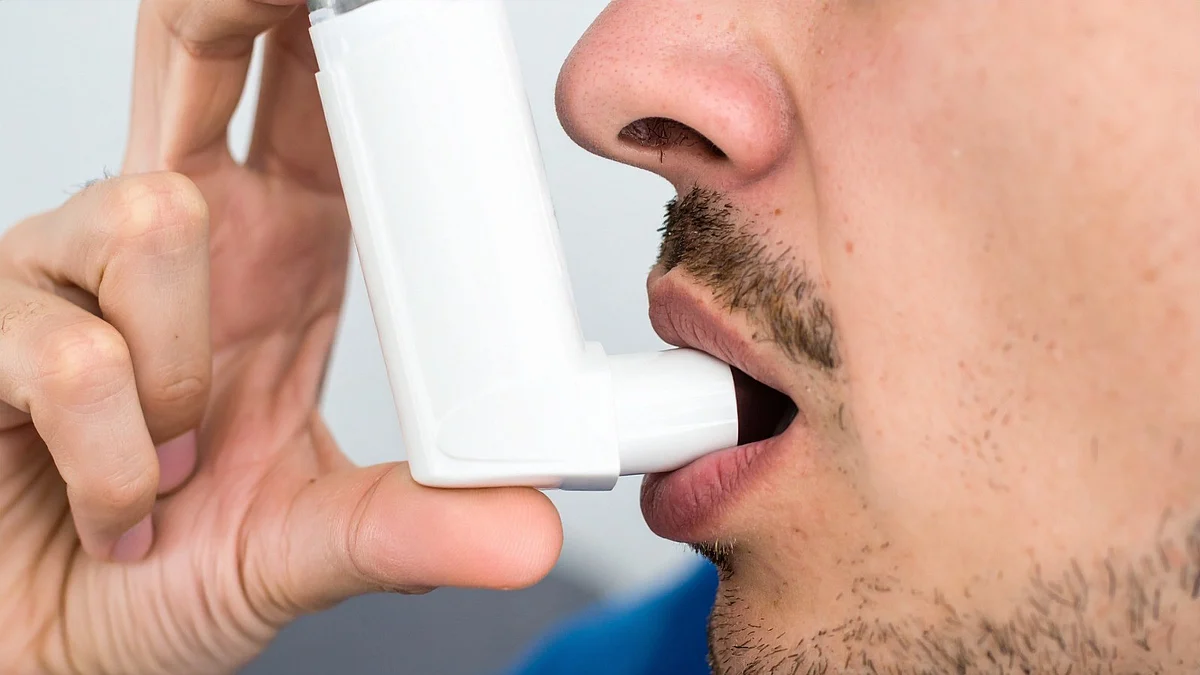Toxic brew in the air: Metals and sulphates linked to rising asthma burden
Study identifies nickel, vanadium, sulfate, nitrate, bromine, and ammonium as the strongest contributors

Fine particulate air pollution (PM2.5) — particularly metals like nickel and vanadium, along with sulfate particles — can aggravate asthma and drive up hospitalisations, a new study has revealed.
Published in the American Journal of Respiratory and Critical Care Medicine, the research showed that every decile increase in the pollutant mixture was linked to a 10.6 per cent rise in asthma hospitalisations among children and an 8 per cent rise among adults aged 19–64.
The study identified nickel, vanadium, sulfate, nitrate, bromine, and ammonium as the strongest contributors.
“If we want to reduce asthma hospitalisations, these are the sources that need stricter control — and we know how to do it,” said lead author Joel Schwartz, professor of environmental epidemiology at Harvard T.H. Chan School of Public Health. He noted that nickel and vanadium are released by burning fuel oil, while sulfates come from coal burning, both of which can be curbed through scrubbers, cleaner fuels, and removing metal contaminants from oil.
Unlike earlier studies that focused on single pollutants or PM2.5 as a whole, this research used machine learning and weighted quantile sum regression to analyse how each compound in PM2.5 contributes to asthma risk. The analysis covered 469,005 hospitalisations and considered factors like outdoor temperature and socioeconomic status.
The findings highlight the need for targeted pollution controls and further research on how short-term exposure to specific PM2.5 particles affects asthma.
With IANS inputs
Follow us on: Facebook, Twitter, Google News, Instagram
Join our official telegram channel (@nationalherald) and stay updated with the latest headlines
